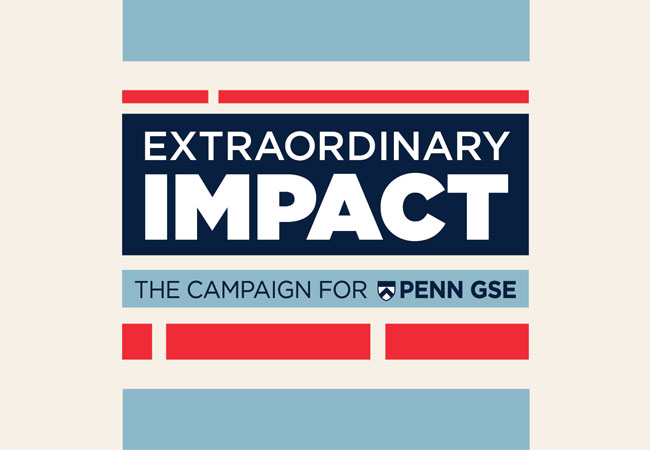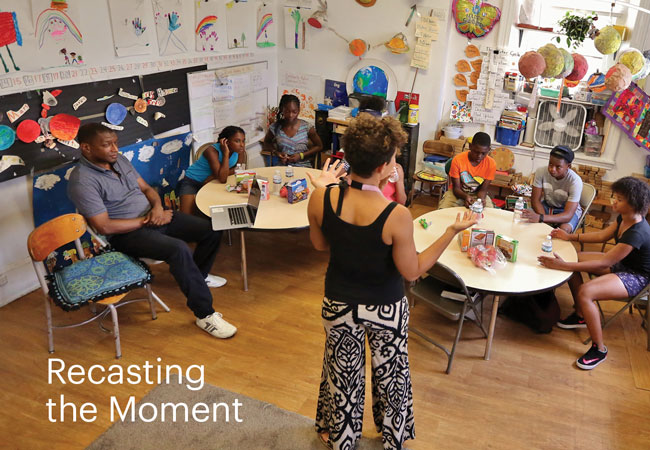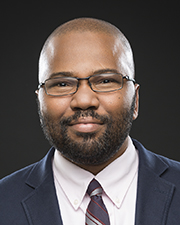Penn GSE News Archive
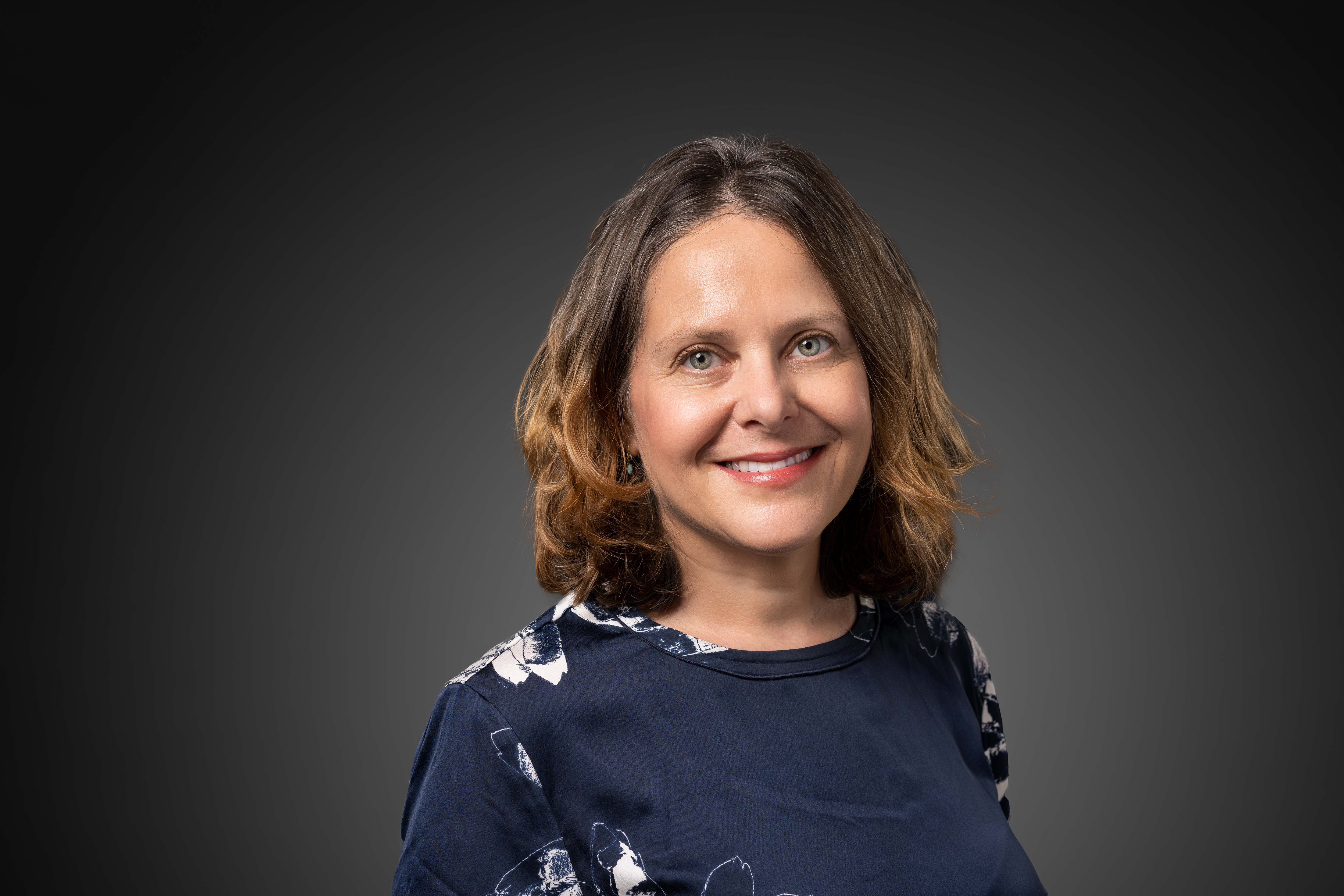
Freedom Center Talks: Sigal Ben-Porath on Speech on Campus
Sigal Ben-Porath discusses how our understanding of open expression and some of the boundaries of free speech that we find ourselves negotiating in this polarized time affects our ability to find common ground as a society, and what are some of the ways that higher education institutions and society more broadly can overcome polarization and mistrust and create a more engaged democratic community.
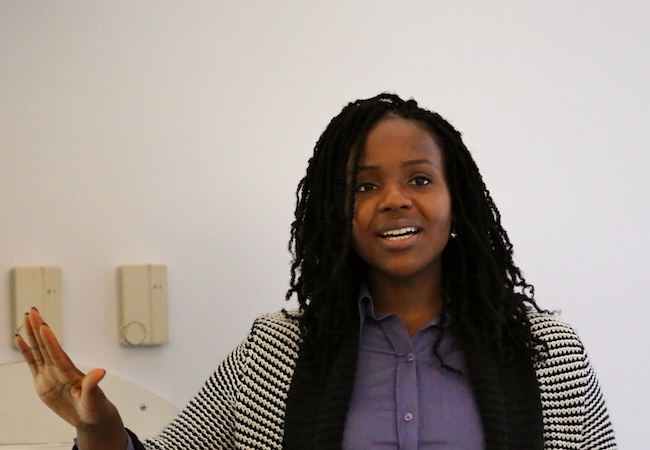
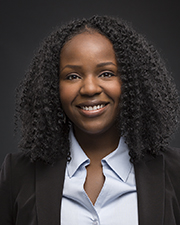
Calls to ‘defund the police’ intensify after Philadelphia police killing of Walter Wallace Jr.
Krystal Strong said that the reckoning this past summer over police brutality and racial injustice, combined with Walter Wallace Jr.’s death last week, have catapulted the conversation about defunding police from radical to mainstream. Before May, she never imagined “we would be having a national conversation about defunding the police.” She added, “People are being compelled to rethink their ideas, because the things that they thought could work are clearly not.”

One week in the life of Philadelphia: A death, protests, the pandemic and election mayhem
Krystal Strong, an organizer of Black Lives Matter, told a crowd in Malcolm X Park: “We’re watching the way how Walter Wallace Jr. is becoming a symbol,” she said, “and we’re losing sight of how this was a human being.”

Two key questions teachers should ask students after the election
Sigal Ben-Porath wrote a piece about how teachers can approach the many issues that will arise around the general election in 2020, after the polls close and votes are counted, which could take days or weeks.

The Common Room: Managing political difference on the virtual campus
Sigal Ben-Porath spoke with host Jonathan Friedman, along with guest Vicka Bell-Robinson, director of residence life at Miami University, about how campuses can facilitate respectful and productive dialogue across political differences during this tense time

How viral police shooting videos can mess with your mental health
Krystal Strong notes that viewing videos of police violence is more likely to trigger severe responses among Black and Brown Americans and chooses not to view or share such images anymore, but said that she and other activists grapple with the question, noting that it was evident the powerful video imagery after Walter Wallace, Jr. was killed was galvanizing during the protests in West Philadelphia.
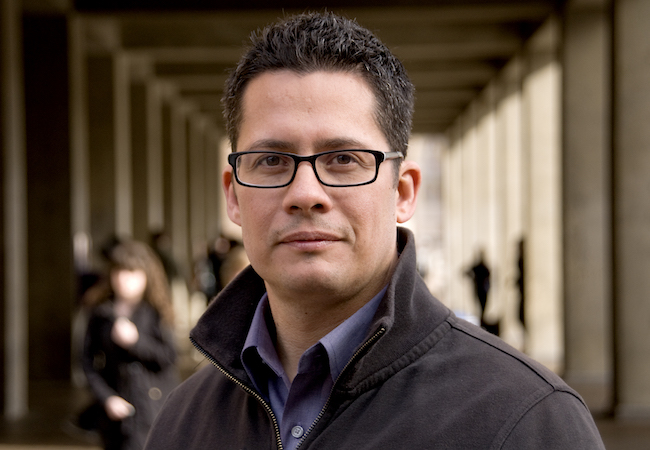

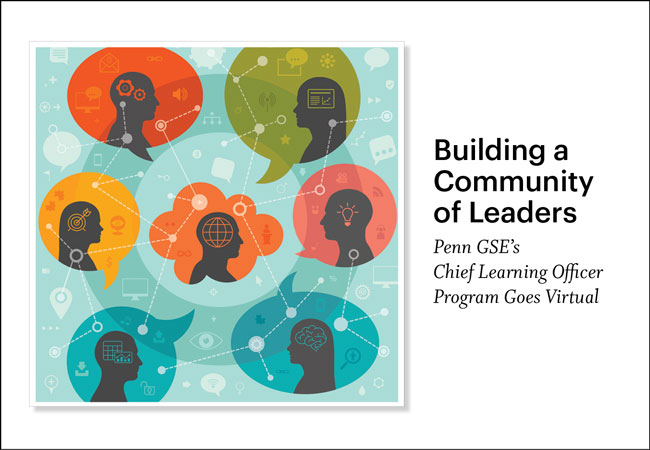

![Headshots of David Roberts (left) and Doug Korn (right) appear with a boxed headline that says “Harnessing the Power of Education.”]](https://archive25.gse.upenn.edu/sites/default/files/penngse_board_transition_power_of_education_0.jpg)
